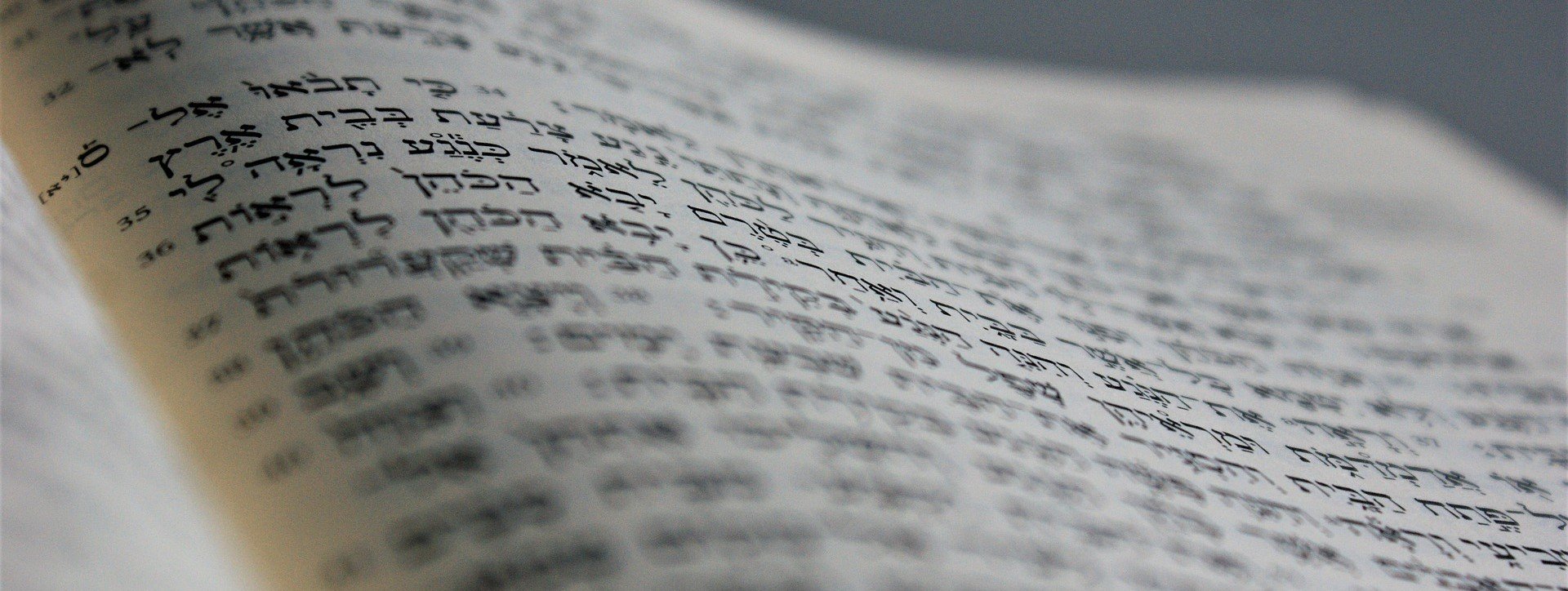The Torah begins with the story of the Creation of the world – the chapter and book known as Bereishit or Genesis.
God creates the Heavens and the Earth, and each day adds something new, from vegetation to celestial bodies to fish, birds, and animals, until concluding on the sixth day with the forming of Man, and then resting on the seventh. Eve is created as a companion for the first man, Adam (which literally means “human” in Hebrew and is related to the word “adamah” or earth), and they are placed in the Garden of Eden, along with luscious vegetation to eat and many beasts to name and rule over.
Also placed in the Garden are the Tree of Life and Tree of Knowledge of Good and Evil – with an admonition to the humans to not eat from the latter.
The first source of Jewish tradition
It may be a simple story on its face, but we get so much of our Jewish tradition from it. Our entire concept of shabbat comes from God resting from the work of Creation on the seventh day; in fact, the verb used in the original Hebrew for God’s “resting” is a form of the word “shabbat,” and we traditionally recite this verse as part of our kiddush sanctification prayer on Friday nights. We also get aspects of our Jewish calendar from this story – the lines of “there was evening and there was morning” to describe each day of Creation are why the Jewish day begins at sundown.
Moreover, Adam and Eve are said to be created “in God’s image” – giving us the very Jewish idea of all of humanity having dignity and equality due to the fact that an element of the Divine and a semblance of God resides in every single person. Their union is the basis for marriage in all Abrahamic faiths, with the command to “be fruitful and multiply” commonly seen as God’s first commandment to humanity. In addition, the Garden of Eden and particularly its Tree of Life are also potent Jewish religious symbols.
And then what happens to Man?
Adam and Eve defy God by eating from the Tree of Knowledge after being tempted by a serpent, realize they’re naked and grow ashamed, and are confronted by God for their actions. They have gained the knowledge of Good and Evil but with it lost their innocence and therefore God’s ability or willingness to directly protect them and take care of them. It is possible to see this as akin to a parent’s bittersweet realization that their children have come to know the ways of the world and no longer need them.
Adam and Eve are cursed and punished by God for their defiance – Eve is told she will have painful childbirth, and Adam that he will have to struggle and toil in a now-cursed earth in order to grow food and make bread. God also fears that the humans might now eat from the Tree of Life too and gain immortality, and prevents this by banishing them from the Garden of Eden, where the Tree remains and is guarded by angels and a fiery sword.
Some say the expulsion from the Garden of Eden marks the start of agriculture, and hence really the beginning point of human history and what truly separates us from animals. It may have been given to us in the form of a curse and a punishment, but also opened us up to our true potential and to the beginning of human settlement, flourishing, and recorded history.
Punishments and promises
The story continues with Adam and Eve bearing sons Cain and Abel, and the famous strife that ends with Abel getting killed by Cain out of jealousy for God seeming to favor Abel’s offering more. Cain seems frightened by his own actions, and this may be the point at which humanity first learns of our potential for murder and destruction. God curses and banishes Cain, but also promises great vengeance on anyone who kills him – highlighting the grave dangers of a cycle of violence.
The text goes on to enumerate a lineage of people who lived to hundreds of years – ages that would today be considered fantastical and astronomical – until God limits the human lifespan to 120 years. The number 120 is till this day considered by Jewish tradition to be the longest and most complete life one can live – hence the common Jewish wish “may you live till 120.”
The Torah portion ends with God growing disappointed in humanity’s wickedness but finding a righteous person in a man named Noah, setting us up for the next story.
What started as a masterful story of creation and beginning, and continued with illustrations of human error combined with great potential for both good and evil, now ends with a preview of a tale of human redemption and rebirth.

















